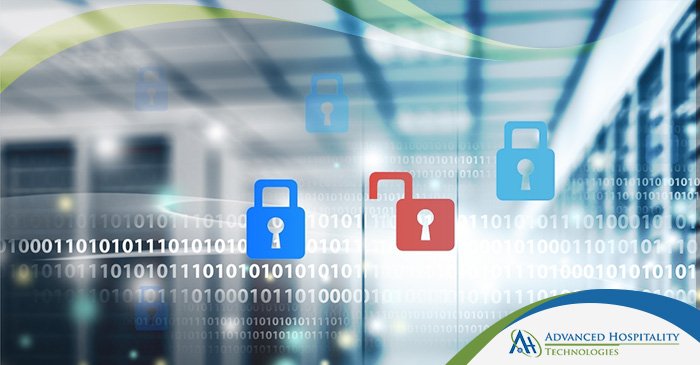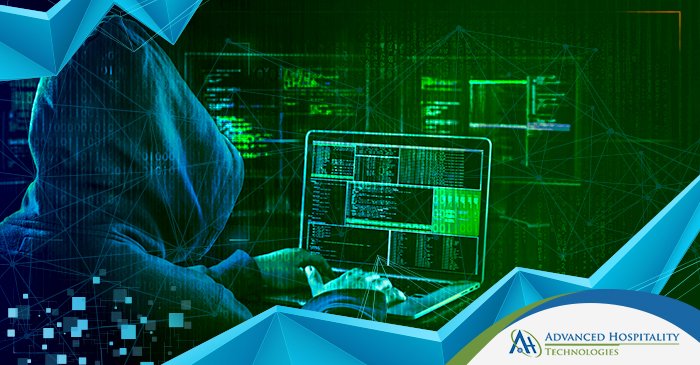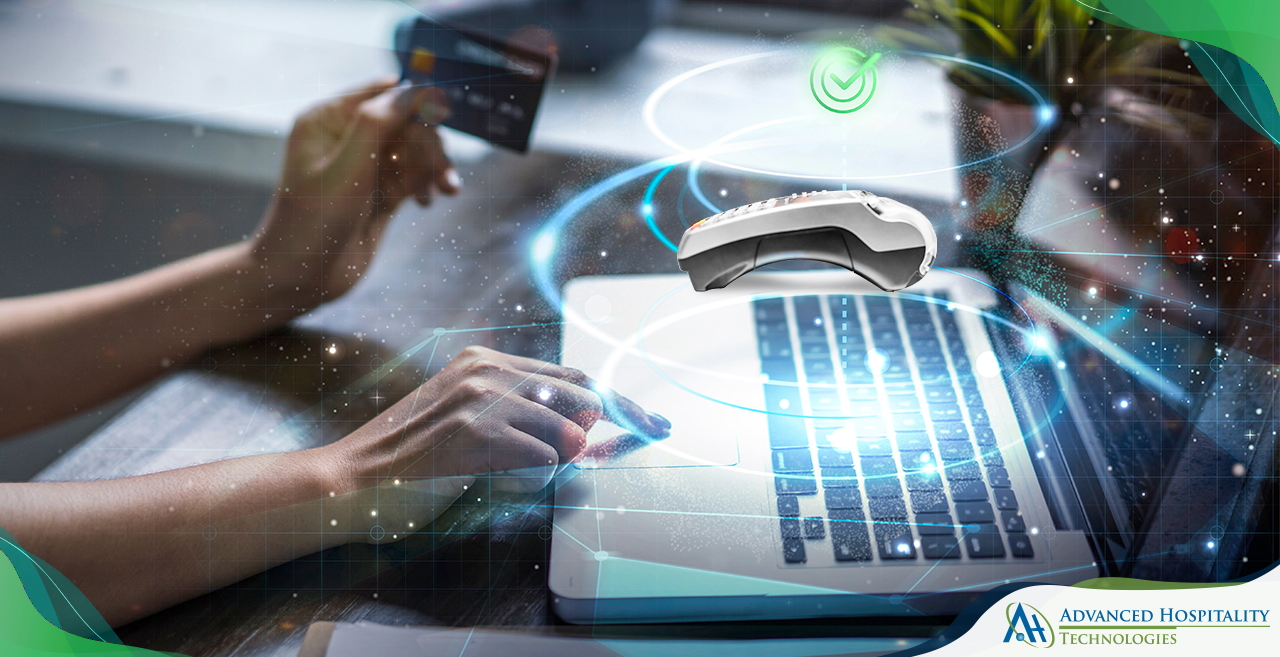In a highly competitive industry, U.S. hotels as quickly adapting to the changing landscape of travel & tourism. Increasing demands from guests and the opportunity to grab significant competitive advantage are triggering great interest from hotel owners in tech applications.
There are massive benefits of smart technology applications from operations to guest rooms at hotels. Smart tech offers hotels cost savings, increased revenue opportunities, enhanced efficiency, and more sustainable processes.
Using Mobile Apps for Superior Service Delivery
Major hotel franchises are quickly migrating a number of their services through smart mobile apps. Marriott introduced its leading-edge mobile app, Bonvoy, in February 2019 and it has evolved into the 24th most popular travel apps on Google Play.
The brilliant Marriott app allows travelers to book stays from all over the world in over 3500 Marriott hotels & resorts. Then there are brilliant additional features including Mobile check-in & check-out, mobile room keys, room service & housekeeping requests, book hotel amenities, reward management, and several other intuitive features.
Mobile apps are a great way to expand revenue opportunities, in addition to the convenience, it provides guests. 83% of hotel guests wish to receive offers, discounts, and special promotions delivered to their mobile device. Furthermore, hotels with mobile apps have identified a 20% increase in the number of room service orders.
Mobile apps are a great way to make services more efficient by providing staff with complete information on guests. These smart apps also reduce onboarding time for new guests, also cutting down the inconvenience of plastic key cards.
Then there is the added advantage of personalization where guests can control their in-room tech like air conditioning, lights, curtains, and TVs with their smartphone apps. This reduces the burden on staff allowing guests to customize their experience without having a staff member rush to them every time.
I will close this section with a very interesting stat from Oracle that claims “77% (guests) would like to request room service and other hotel facilities through the use of their mobile.”
Robotics & Automation
From A.I. chatbots to actual room service robots, major hotels are quickly adapting to using robotics to delivery undeterred customer service. One of the most prominent examples of robotics comes from the Hilton Group. Connie, Hilton’s A.I concierge robot uses machines learning by IBM to interact with guests solving their many queries. Connie is also programmed to continuously learn with every interaction, improving her responses.
Connie can book rooms, take room service orders, delivery tour information, and advise guests about local amenities. Another great example of robotics in the hotel industry is from Aloft hotels by Starwood Hotels. Their robot butler, Boltr, helps out staff deliver small items to guest rooms with a direct link to the PMS and concierge desk to support it.
Using robotics is a great way for hotels to save time, relieve staff of late-night duties, and increase the efficiency of service delivery. Imagine having towels, toiletries, and snacks delivered straight to your room with a single message to the concierge, that is service.
Predictive Maintenance Technologies
Cutting edge sensor technology is now enabling hotel staff to easily identify areas of maintenance and hazards before they escalate into issues. These IoT technologies allow engineers to pinpoint maintenance tasks based on usage and system failures.
In their article, Hotel Management establishes that repairs to a leaky toilet can cost up to $840 per year. Smart monitoring of water lines, meters, electrical units, I.T. systems, ventilation shafts, energy generation, laundry etc. allows staff to be proactive when conducting maintenance checks.
Hotels reap great benefits from these predictive maintenance tools. One of the top advantages is early identification of maintenance saving hotels considerable costs.
Another major benefit hotels achieve is having ready efficiency ratings of hotel technology. This also allows staff to intuitively plan their maintenance tasks, allowing them the freedom to schedule other tasks and their personal time.
Conclusion
The applications of technology in hotels are diverse, and as we move into a new decade more is being unveiled. Augmented Reality tools, A.I. voice assistants, guest review management, data analytics, etc. are all changing the way hotels are delivering services.
Stay tuned for more on this topic in our future articles. Remember to bookmark our blog and connect with us through our social media profiles. Until next time, see you again soon!




